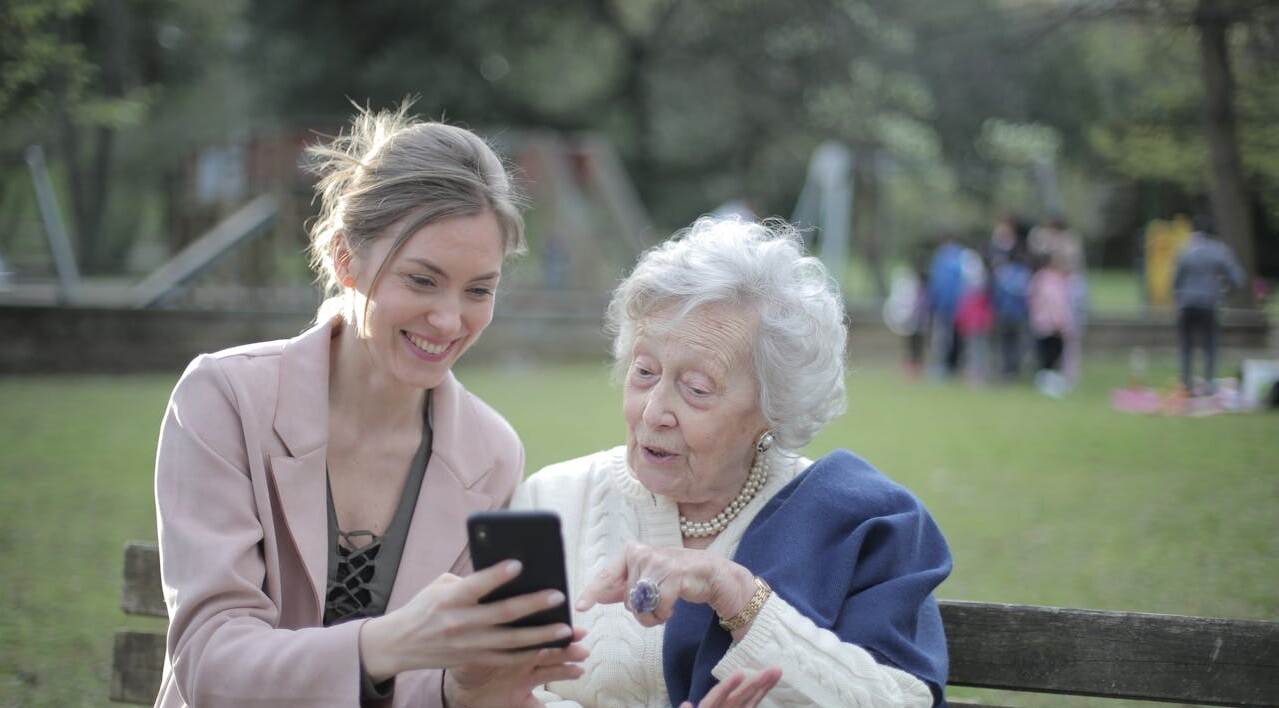As the global population ages, Alzheimer’s disease, a brain disorder affecting millions worldwide, is becoming more prevalent. In Malaysia alone, an estimated 44,000 people are living with Alzheimer’s, a number expected to grow in the coming years. As we commemorate World Alzheimer’s Day this month, experts urge the public to focus on early diagnosis, advanced treatments, and a holistic approach to managing this debilitating condition.

Understanding the early signs of Alzheimer’s
Dr. Sherrini Bazir Ahmad, a Consultant Physician and Neurologist at Subang Jaya Medical Centre (SJMC), stresses that while forgetfulness is often associated with ageing, the early symptoms of Alzheimer’s go beyond memory loss.
“Early Alzheimer’s impacts not only memory but also reasoning, ability to learn, planning, language, and behaviour.” These changes interfere with daily life and signal more serious brain function issues. “This is not a normal part of ageing,” said Dr Sherrini.
Dr. Sherrini encourages family members to stay vigilant for symptoms like frequent disorientation, confusion, and noticeable behavioral changes, which often signify the onset of Alzheimer’s.
The importance of early diagnosis
Alzheimer’s, the most common form of dementia, accounts for 70% of all dementia cases globally. An accurate and early diagnosis is crucial in helping families plan for the future, both emotionally and financially. “An early and accurate diagnosis is essential for planning. This includes appointing caregivers, making legal and financial decisions, and discussing long-term care options.” said Dr. Sherrini.

She also notes that other forms of dementia, such as Lewy Body Dementia and Fronto-Temporal Dementia, present unique symptoms and care needs, making early diagnosis critical for tailored care.
Although there is no cure for Alzheimer’s, recent advancements in disease-modifying therapies offer hope. These treatments, particularly effective in individuals with mild cognitive impairment or early-stage Alzheimer’s, target beta-amyloid, a protein that accumulates in the brain and forms toxic plaques. By reducing these plaques, the therapies aim to slow cognitive decline. However, Dr. Sherrini cautions that while these treatments show promise, their long-term effects are still uncertain, and patients must be carefully selected to avoid potential side effects.
In addition to medication, comprehensive care often includes mental health support for managing behavioral symptoms like anxiety, depression, or hallucinations, which typically arise in later stages of the disease.
Emotional and psychological impact
Beyond memory and cognition, Alzheimer’s deeply affects a patient’s emotional and psychological well-being. “Patients often experience depression, anxiety, and grief as they struggle with the loss of independence,” Dr. Sherrini explains, adding that these emotional changes can make it even more challenging for families to manage the disease. She emphasizes the importance of involving mental health professionals to address these issues and encourages families to maintain a stable environment with familiar routines to help support the patient’s emotional health.
Caregivers also play an essential role in Alzheimer’s care, but their own well-being should not be overlooked. “Caregiver fatigue is a serious concern, and it’s important for those looking after Alzheimer’s patients to have access to support systems.” said Dr. Sherrini. This may include professional counselling, respite care, or joining support groups like the Alzheimer’s Disease Foundation Malaysia (ADFM), where caregivers can connect with others facing similar challenges.
Hope through research and innovation

Despite its challenges, the future of Alzheimer’s treatment looks hopeful, thanks to ongoing research and innovation. According to Prof. Dr. Norlisah Mohd Ramli, a Consultant Clinical Radiologist at SJMC, advanced diagnostic tools like MRI and PET scans are crucial for early detection. These tools allow doctors to detect early signs of brain deterioration, enabling them to create personalized care plans before significant symptoms emerge.
Prof. Dr. Norlisah shared an example of a patient diagnosed with a variant of Alzheimer’s called semantic dementia. “The family and neurologist observed that the patient was abnormally quiet. Through the use of MRI, we identified a variant of Alzheimer called semantic dementia, which impacts the part of the brain responsible for speech. With this diagnosis, we tailored a treatment plan that specifically targeted the unique challenges posed by this form of dementia.”
Looking forward, the future of Alzheimer’s care depends on continued research into neuroimaging, disease-modifying therapies, and lifestyle interventions aimed at reducing risk and slowing the disease’s progression.
“By leveraging the latest advancements in diagnosis and treatment, we can offer patients a better quality of life and help families prepare for the future,” concludes Prof. Dr Norlisah.
With early detection and comprehensive care, families can navigate the challenges of Alzheimer’s with more confidence and support.
For more information on Alzheimer’s and available treatment options, visit the Subang Jaya Medical Centre website at https://subangjayamedicalcentre.com/.











